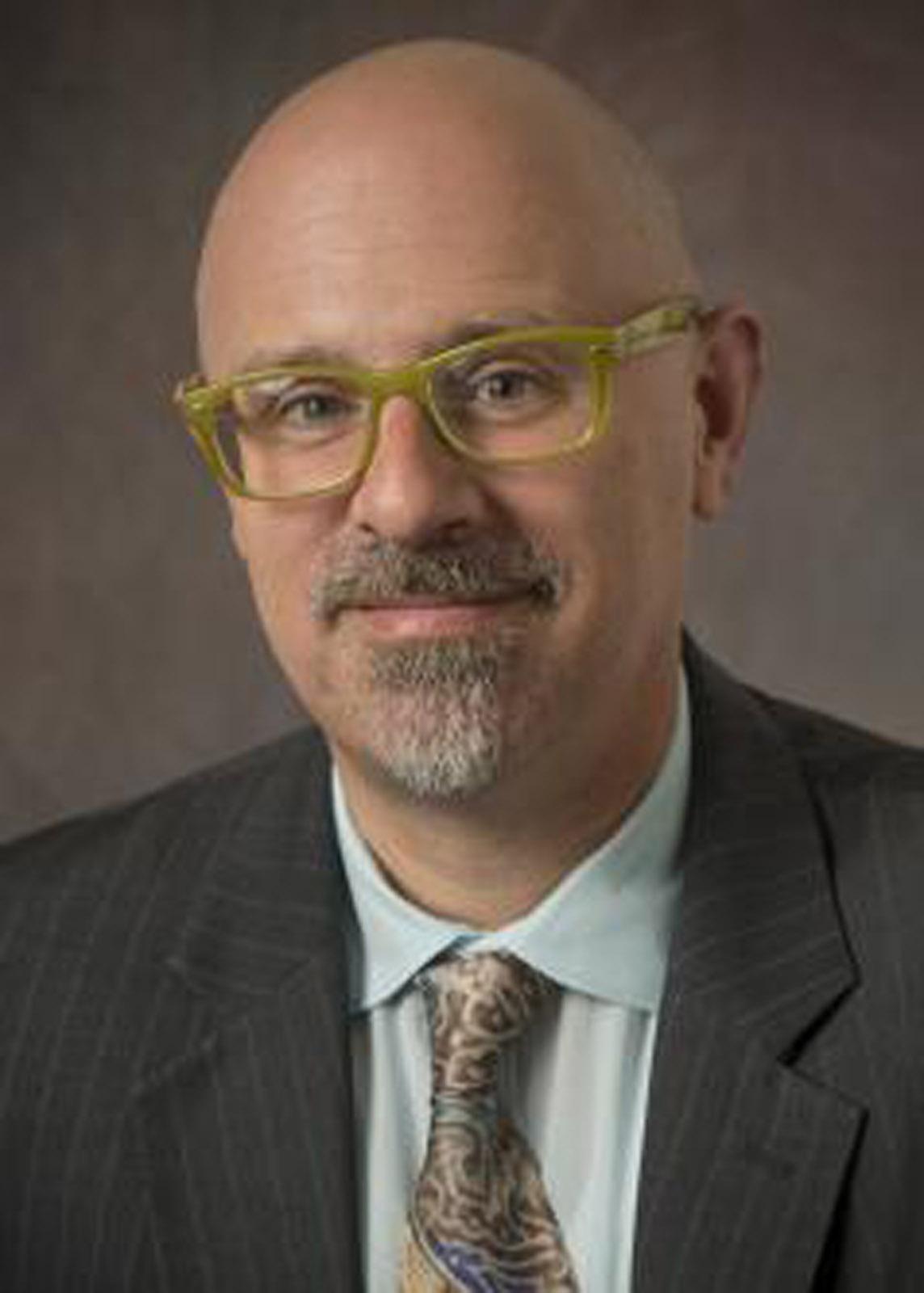
In Brief
- Ginsburg studies constitutions: how they are written, what rights they enshrine, how they succeed and fail.
- His work has been used worldwide by people writing and revising constitutions.
- On campus, he's leading efforts to safeguard free expression and inquiry.
Take a peek at Tom Ginsburg’s CV – a dizzying array of books, chapters, articles, talks, and awards – and you quickly notice one word appearing more than any other: Constitutions.
Constitutions are what Ginsburg, a professor in the Law School and co-chair of the Pozen Center Faculty Board, has devoted his academic career to studying: how they are written, what they contain, how well they accomplish their goals, and how they fail.
There’s the question of efficacy––of which laws will actually work––and that’s not a question the legal discipline itself can answer. That’s a question for the social sciences. And that’s why the Pozen Center is so important. The law ends up in conversation with other disciplines.
“This is how I came to human rights,” Ginsburg says. “Rights have been a major part of constitutions since France’s 1789 Declaration of the Rights of Man and of the Citizen.” Studying constitutions means, in large part, exploring the history of which rights they recognize and which they don’t.
Before entering academia, Ginsburg held multiple roles offering legal advice to international governments and organizations, including the Iran-United States Claims Tribunal, the organization set up to settle property and contract claims between the two countries in the aftermath of the 1979 hostage crisis at the US embassy in Iran, and the subsequent freezing of Iranian assets by the US.
From experiences like these, Ginsburg learned that getting human rights laws on the books is only the start. “There’s the question of efficacy – of which laws will actually work – and that’s not a question the legal discipline itself can answer. That’s a question for the social sciences,” he says. “And that’s why the Pozen Center is so important. The law ends up in conversation with other disciplines.”
Making constitutions a public resource
Of all the initiatives Ginsburg has been involved in over the years, he might be proudest of the Comparative Constitutions Project (CCP). Since its launch in 2005, the CCP has collected and analyzed thousands of constitutional texts, encoding their features into a massive, publicly available dataset. Researchers can compare constitutions from around the world, comparing what (if anything) they say about any given topic, including specific rights.
The CCP’s primary purpose is to give legal scholars data they can use when called on to offer advice to countries in the process of writing constitutions or revising existing ones. The organization is also often asked to offer such advice directly; Ginsburg has consulted on constitutional development and revision in countries such as Kenya, Libya, Nepal, and South Sudan.
In 2013, in partnership with Google Ideas, the CCP launched Constitute, a website where any user can easily browse the constitutions of the world, indexed by topic. No special technical skill is required. With just a few clicks, users can identify all active constitutions that include whatever features they’re interested in, whether that’s a mandated national language, a particular approach to the separation of powers, or explicit references to foreign policy (to name just a few).
Human rights researchers can search by individual rights, and also by adoption date, allowing them to examine historical trends in legal rights recognition.
Advancing rights on campus
Lately, Ginsburg has been especially visible within UChicago as the inaugural faculty director of the Forum for Free Inquiry and Expression, a new home base for the understanding and promotion of free speech, on campus and elsewhere.
“Academic freedom isn’t a human right, exactly, because the context is so specific,” Ginsburg says. “But it relates very closely to freedom of expression generally, which some would call the most important human right, because without it you can’t call attention to any of the others.”
Just as advancing human rights means more than just passing laws, Ginsburg says, advancing free expression on campus means more than just publishing guidelines. Free expression – especially on topics that can provoke profound disagreement – takes practice, so cultivating student involvement is key.
And so, as Ginsburg plans the Forum’s next step, he’s looking to the Pozen Center for inspiration. “The student engagement at Pozen is so high,” he says. “And it comes from people who are approaching human rights from such different angles, all drawn in by connecting academic human rights issues to the wider world. That’s something any student institution can learn from.”
- Listen to “Entitled,” the podcast where Ginsburg and Yale Law School Professor Claudia Flores discuss contemporary human rights issues.
